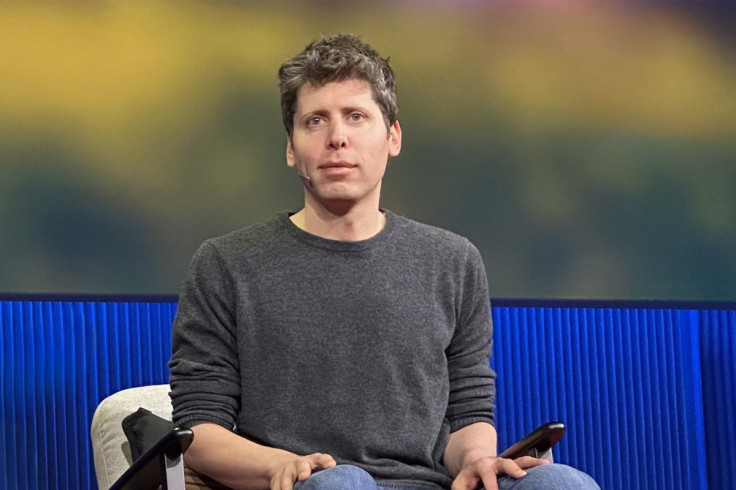OpenAI's Billion-Dollar Pivot: How Sam Altman's Company Went From Open Source to Open for Business
OpenAI's transformation signals a major departure from its original goal of providing free AI tools, as it seeks to raise capital and expand its influence across the global tech landscape.

When OpenAI was founded in 2015, its mission was clear and ambitious: to develop artificial intelligence that benefits all of humanity, free from commercial constraints. Co-founders Elon Musk and Sam Altman envisioned an organisation that would advance digital intelligence for the public good, prioritising safety and accessibility over profit.
However, recent developments reveal that this lofty goal has been abandoned. On 28 October 2025, OpenAI announced a sweeping transformation: the once non-profit entity is now a for-profit corporation. This shift allows the company to raise capital, attract investors, and generate profits — a move that has sparked controversy and disappointment among supporters.
A Complete Turnaround from Original Mission
Market analysts say the OpenAI they once knew is now a thing of the past. Reddit users and industry observers widely view this move as a betrayal of the company's foundational promise to remain 'unconstrained by a need to generate financial return'. The decision signals a radical departure from the organisation's original vision of freely accessible AI for all.
The Business Evolution
Elon Musk, one of OpenAI's co-founders, resigned from the board in 2018, citing potential conflicts of interest with Tesla's AI work on self-driving cars. The following year, OpenAI shifted to a 'capped' profit model, allowing the company to generate up to 100 times the investment made into it — a move designed to attract funding while maintaining some commitment to its original mission.
Throughout 2022, OpenAI launched ChatGPT, a generative AI chatbot that quickly became the most popular AI tool globally. Its user-friendly interface opened the door for millions to access advanced language models, transforming AI from an academic pursuit into a mainstream technology.
New Corporate Structure and Oversight
The reorganisation received approval from Delaware Attorney General Kathy Jennings and California Attorney General Rob Bonta. OpenAI has now adopted a structure as a public benefit corporation (PBC) under non-profit control, enabling it to generate profits from its AI developments.
Bonta emphasised ongoing oversight, stating, 'We will be keeping a close eye on OpenAI to ensure ongoing adherence to its charitable mission and the protection of the safety of all Californians.' The new structure aims to balance profit-making with the company's broader societal responsibilities.
Bret Taylor, chair of OpenAI's board, assured stakeholders that 'The non-profit remains in control of the for-profit, and now has a direct path to major resources before AGI arrives.' The OpenAI Foundation, a non-profit entity supporting the organisation, plans to allocate $25 billion towards health, disease cures, and cybersecurity risk mitigation.
What Is AGI?
OpenAI defines artificial general intelligence (AGI) as 'highly autonomous systems that outperform humans at most economically valuable work.' The company plans to convene an independent expert panel to verify claims of achieving AGI once it believes the milestone has been reached, subject to board approval.
Partnerships with Tech Giants
Microsoft, a long-standing partner, has played a crucial role in OpenAI's growth. The software giant invested $1 billion in 2019 and now holds around 27% of the company through a stake in the for-profit structure. Microsoft also has rights to OpenAI's models until 2032, excluding some consumer hardware and commercial products.
Altman revealed plans for new data centre projects across the US, Europe, Asia, and South America. OpenAI has also formed strategic partnerships with industry leaders like NVIDIA, AMD, and Broadcom, with combined deal estimates reaching an astonishing $1.5 trillion.
Looking Ahead: The Future of OpenAI
While OpenAI's leadership remains cautious about immediate plans, CEO Sam Altman has indicated that going public is a likely future step. An IPO could provide the trillions of dollars needed to fund AI infrastructure and pursue acquisitions at scale.
A company spokesperson stated that an IPO is not imminent, as OpenAI is focused on building a sustainable business model and achieving AGI. However, industry analysts suggest that a $1 trillion IPO could materialise sooner rather than later, as the company seeks to capitalise on its technological dominance.
© Copyright IBTimes 2025. All rights reserved.





















